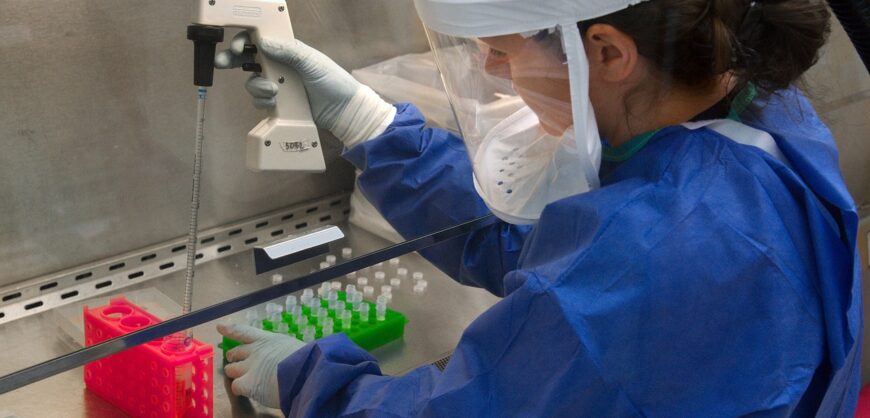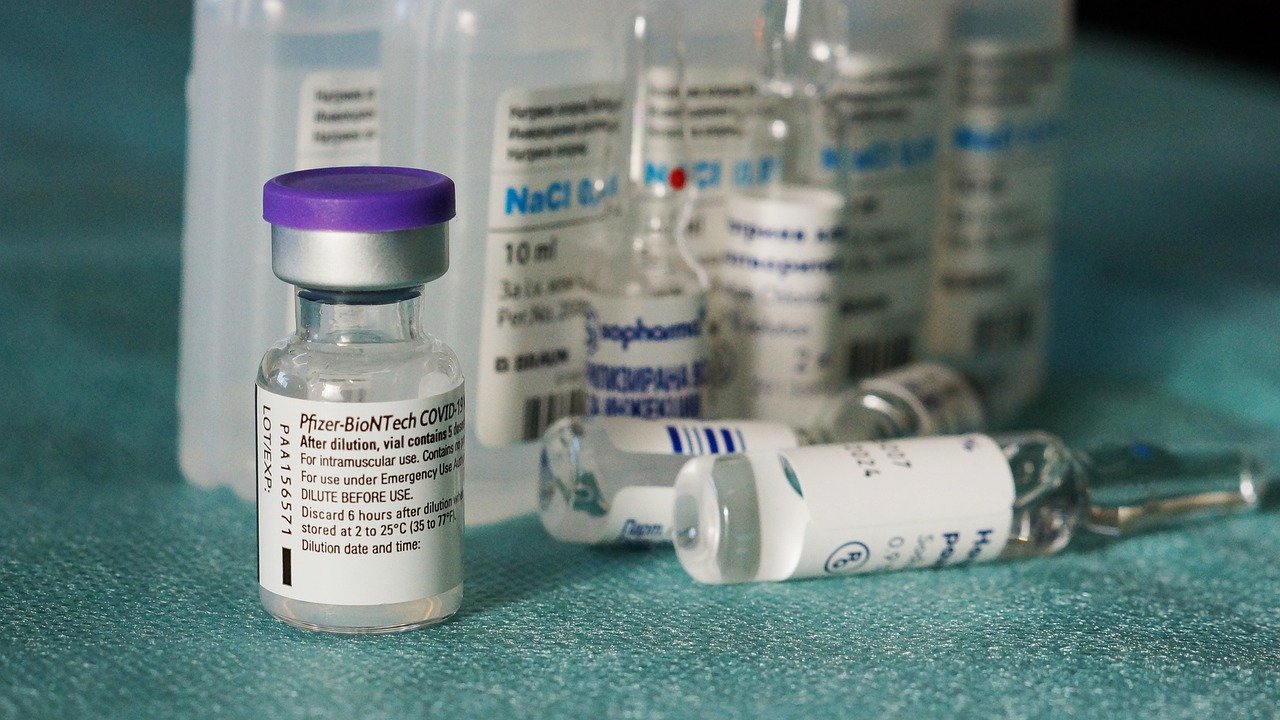The life expectancy of Greeks was reduced by 6 months during the Covid-19 pandemic, according to a new EU report.
The data presents the state of health of the Greek population and the inequalities that exist between the countries of Europe. The report is a joint effort of the Organization for Economic Co-operation and Development (OECD) and the European Monitoring Center for Health Systems and Policies in cooperation with the European Commission.
According to the data, in 2020 the life expectancy at birth in Greece corresponded to 81.2 years and was slightly higher than the average for the EU as a whole (80.6), but lower compared to most countries in the south and Western Europe.
As in many other EU countries, the increase in life expectancy in Greece slowed significantly between 2010 and 2019, corresponding to only about one year compared to about two years in the previous decade. This is linked in part to limited progress in reducing ischemic heart disease and lung cancer — as well as to increased mortality from diabetes in the elderly.
Life expectancy at birth decreased temporarily (by 6 months) between 2019 and 2020 following the outbreak of the COVID-19 pandemic.
This reduction is less than the average reduction of around 8 months across the EU. The gender gap in life expectancy is 5.1 years (78.6 years for men, 83.7 years for women ) and is smaller than the difference across the EU (5.6 years).
The data showed that one in four adults smokes on a daily basis in Greece — a rate that is one of the highest in the EU. Although smoking rates among 15-year-olds are lower than among adults, the growing popularity of e-cigarettes is a source of concern.
The rate of adult obesity is equal to the EU average, but the prevalence of childhood obesity is steadily increasing. On the contrary, the rates of occasional excessive consumption of alcohol by adults in Greece are among the lowest in the EU.
Ischemic heart disease and stroke are the main causes of death. In 2018, diseases of the circulatory system were responsible for more than one in three deaths in Greece, followed by cancer (about one in four). In terms of specific diseases, ischemic heart disease was the leading cause of death in 2018 (accounting for about 11% of all deaths), followed closely by stroke (10%). Lung cancer accounted for 6% of all deaths and remained the most common cause of cancer death.
also read
Evening Standard: The List of the 20 most beautiful Greek islands to visit in the summer
Catherine Zeta-Jones has a perfect body at 52 (video)
In 2020, COVID-19 was responsible for approximately 5,000 deaths in Greece (4% of all deaths). By the end of August 2021, an additional 8,680 deaths had been recorded. . The vast majority of deaths involved people aged 60 and over. The cumulative mortality rate from COVID-19 disease by the end of August 2021 was about 20% lower in Greece than the average in all EU countries (1,270 per million population compared to the EU average of about 1,590). However, the broader rate of excessive mortality, defined as all-cause deaths at levels higher than expected in previous years, suggests that the number of COVID-19-related deaths could be higher.
According to the report, health spending in Greece has grown slowly but is still much lower than in the EU. In 2019, Greece spent 7.8% of GDP on health compared to 9.9% distributed throughout the EU. In the same year, per capita expenditure amounted to EUR 1 603 (adjusted according to differences in purchasing power), which is less than half of the EU average (EUR 3 523).
Historically, health expenditure in Greece has been lower than the EU average, while the extensive cost and efficiency containment measures introduced after the 2009 financial crisis has led to sharp declines. Since 2015, this trend has been reversed, with small but steady increases in spending. The COVID-19 emergency situation also resulted in additional funding being provided in 2020 to support the health sector.
Despite the shortcomings in the public health system and the ability to respond to health emergencies, Greece’s response to the COVID-19 pandemic was rapid and precautionary, with the introduction of a series of mitigation measures that lessened the effects of the first wave.
The health system response included upgrading laboratory capacity to increase diagnostic tests and measures to provide more intensive care beds and health care staff to deal with the consequent sharp increases in the number of cases. Primary health care centres — the focus of ongoing reforms to enhance public access to primary care — have also helped to trace and manage COVID-19 cases.



































